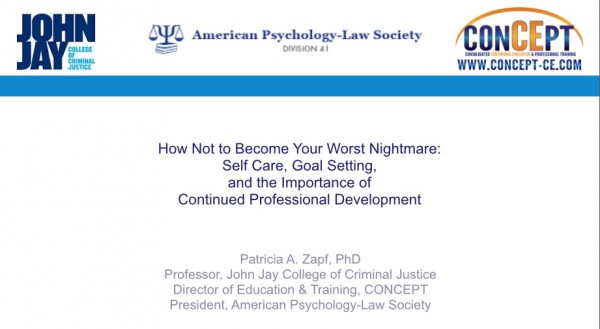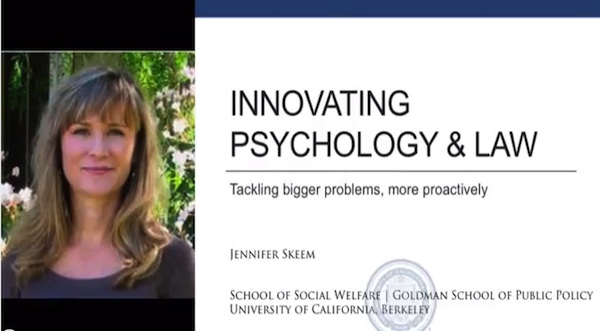How Not to Become Your Worst (Professional) Nightmare: Self Care, Goal Setting, and the Importance of Continued Professional Development (Video)
This September I had the great opportunity to kick off the American
Communication Format Influences Perceptions of Offender Risk
Perceptions of risk vary by the communication format used and laypersons appear
Causal Attributions Influence Scores on the HCR-20
Casual attributions—judgments about the internal or external cause of an individual’s actions—influence
Cultural Context Important for Violence Risk Assessment in Australian Aboriginal Offenders
Consideration of cultural context is important for the evaluation of risk for
Evaluator Differences in PCL-R Scores Suggest Need for Training
Differences in PCL-R scores between evaluators indicate some degree of variability in
Sexual Abuse a Salient Predictor of Recidivism for Juvenile Females, Not Males
A history of sexual abuse was a salient predictor of recidivism for
Use of the HCR-V3 in Criminal, Civil, and Pretrial Settings
Taylor & Francis has made the recently published Special Issue of the
Mentally Ill Offenders Need Criminogenic Treatment Too
Mentally ill offenders need treatment targeted at their criminogenic needs in addition
Bias in Forensic Mental Health Evaluations
Cognitive biases that affect forensic mental health evaluations are reviewed and suggestions
Noncompliant Behaviors in Mental Health Courts have the Strongest Impact on Failure-to-Graduate
Noncompliant participant behaviors in Mental Health Courts have the strongest impact on
Innovating Psychology and Law: AP-LS Presidential Address by Dr. Jennifer Skeem (Video)
This year at the Annual Meeting of the American Psychology-Law Society (AP-LS),
Crime + Substance Misuse = Increased Risk
Adolescents who commit crime and misuse substances are at increased risk for





















